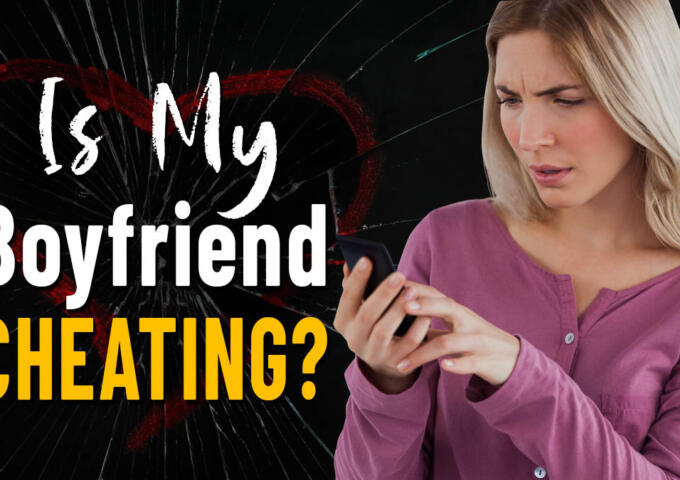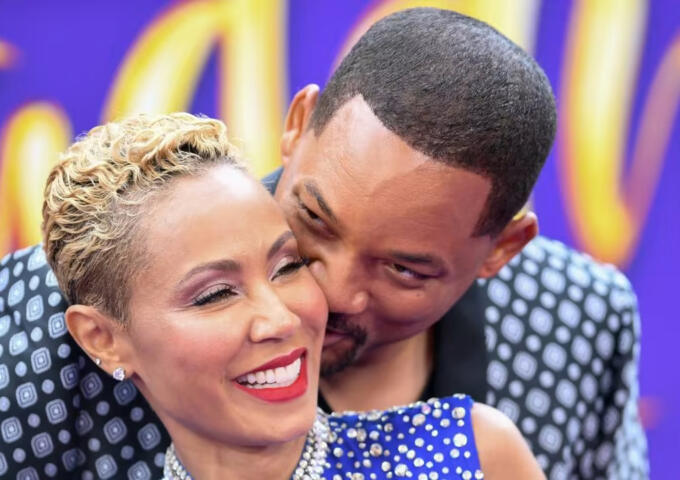Last week my newsfeed was littered with hot takes and hot garbage about a big celebrity breakup. You know which one it is.
People have very strong opinions on the individuals involved- or at least our understanding of their public personas. Many in the audience feel confident opining on the inner workings of a relationship between people they’ve never met. While the couple’s wealth is an enormously insulating factor, their fame turns private turmoil into fodder for the entire world. Their very visible split allows us to project onto them our own issues of love, family, mental health, gender, race, and dynamics of abuse.
I’ve written before about how celebrity gossip is a way we can collectively share values and deal with our own personal traumas . Talking about stars is a means of bonding over scandalous chitchat, but without directly poisoning our communities in the way we would if we were dishing on people we know. The chin wag about celeb bodies and sex lives is a great way to discuss our own baggage- from a safe distance. “They’re just like us,” after all.
You can find plenty of articles about the dynamics of the pair in question or the unhealthy behavior on display. There are myriad posts about the famous man, his battles with mental health, his body of work, fan desires for him to be well, theories about the reasons for his actions and how his breakdowns seem to coincide with the release of his professional projects. You can also come across lots of jokes that make light of the situation, as well as people who find the whole conversation upsetting and triggering.
This is not an article about the individual celebrities involved, though. This is a piece about how media covers these issues and what we, as a larger society can learn from it.
“The media, even in movies and songs, can portray abusive/controlling behaviors as “romantic sweeping gestures,”” says Marchella Nyachogo of Philadelphia’s Lutheran Settlement House (LSH). “When we think about someone showing up unexpectedly at a partner’s workplace with flowers for example, that holds a positive connotation for many of us. What we know about abusive/controlling dynamics is that those “romantic” gestures and reach-out’s can be part of the cycle of abuse, and serve as subtle reminders to the survivor of the power and control that the abusive partner holds.”
Nyachogo, who is the Program Director of LSH’s Bilingual Domestic Violence Program says, “There are many misconceptions about abusive relationships.” One of the biggest, she says, is that we will often ask why people stay and tolerate abuse, but don’t ask why a person is engaging in abusive behavior. “Survivors have many different strategies for keeping themselves and their kids safe, but their choices and behaviors are not the cause of the abuse,” she says.
Abusive partners may be extremely charming to the other people in their lives, able to manipulate those around them to support their bad behavior and blame the victim. Nyachogo says, “Domestic violence is not an anger management issue. Abusive partners are very strategic about when and how they display their anger.” She adds, “When screening for abuse, we don’t just ask about physical violence. We ask about patterns of behavior and the intent behind those behaviors. Domestic violence is a pattern of abusive behaviors used to gain power and control over a partner or ex-partner.”
How do inaccurate or skewed media portrayals of abuse impact us in real life? For one thing, they may shape how simple we think a complex relationship dynamic is.
Hillary Grumbine, a relationship and sexuality educator with over a decade of experience in domestic violence advocacy work, gets frustrated at how often media try to boil a complicated, years-long relationship into a single issue. “People want to simplify things and look at one piece of the puzzle or blame it entirely on mental illness, she says, “Celebrities are heroes to some and it’s never easy seeing our heroes as human, but they are, and they are not exempt from being held accountable for their actions. Normalizing these behaviors is not helping anyone.”
Grumbine, who spent 5 years working with student survivors of violence, harassment and stalking says, “Domestic violence does not discriminate. Wealthy folks experience it and having security or a gated mansion does not mean that someone is safe or protected, she says, adding, “Unfortunately if someone truly wants to harm us, they will find a way, regardless of how much money we may have.”
As both a professional and a mother, Grumbine has advice for how to talk to kids about these stories when they pop up in the newsfeed. “I think we should be talking to our children about boundaries, respect, and what they deserve in relationships from the time they are very young. We need to empower our children to have discussions in relationships (familial, friendships, romantic, and sexual) about boundaries and to leave if they are not being shown the respect they deserve,” she says.
When it comes to her own daughter, Grumbine says she speaks very frankly, in a developmentally appropriate way. “My five-year-old knows that she deserves to be treated well. She knows to ask others before touching their bodies for a hug or to look at a hair bow she thinks is particularly beautiful. She knows that if she doesn’t want to be touched, I will listen because I respect her body and her boundaries and that others should respect her too.”
For more information on domestic violence, harassment, and stalking, or to seek help:
In Philly: Women Against Abuse offers safe haven, case management and help getting a protection from abuse order. https://www.womenagainstabuse.org/ 24 hour hotline: 1-866-723-3014
Nationally: National Domestic Violence Hotline 1-800-799-7233. www.thehotline.org




